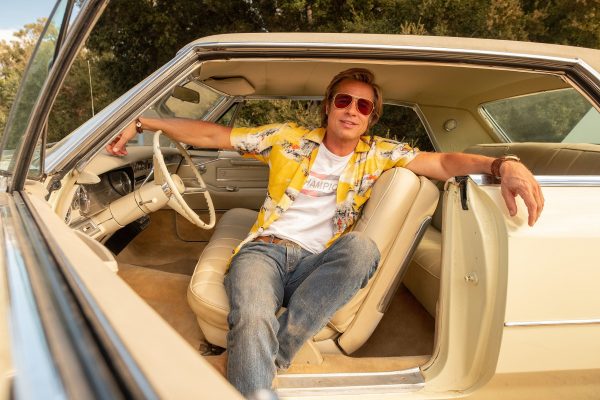As we all know, Brad Pitt won the Best Supporting Actor Oscar at the 92nd Academy Awards. The honor marks his first acting Oscar, one he obtained playing the most likable,…

Just how violent has the beloved fighting game become?

As we all know, Brad Pitt won the Best Supporting Actor Oscar at the 92nd Academy Awards. The honor marks his first acting Oscar, one he obtained playing the most likable,…








